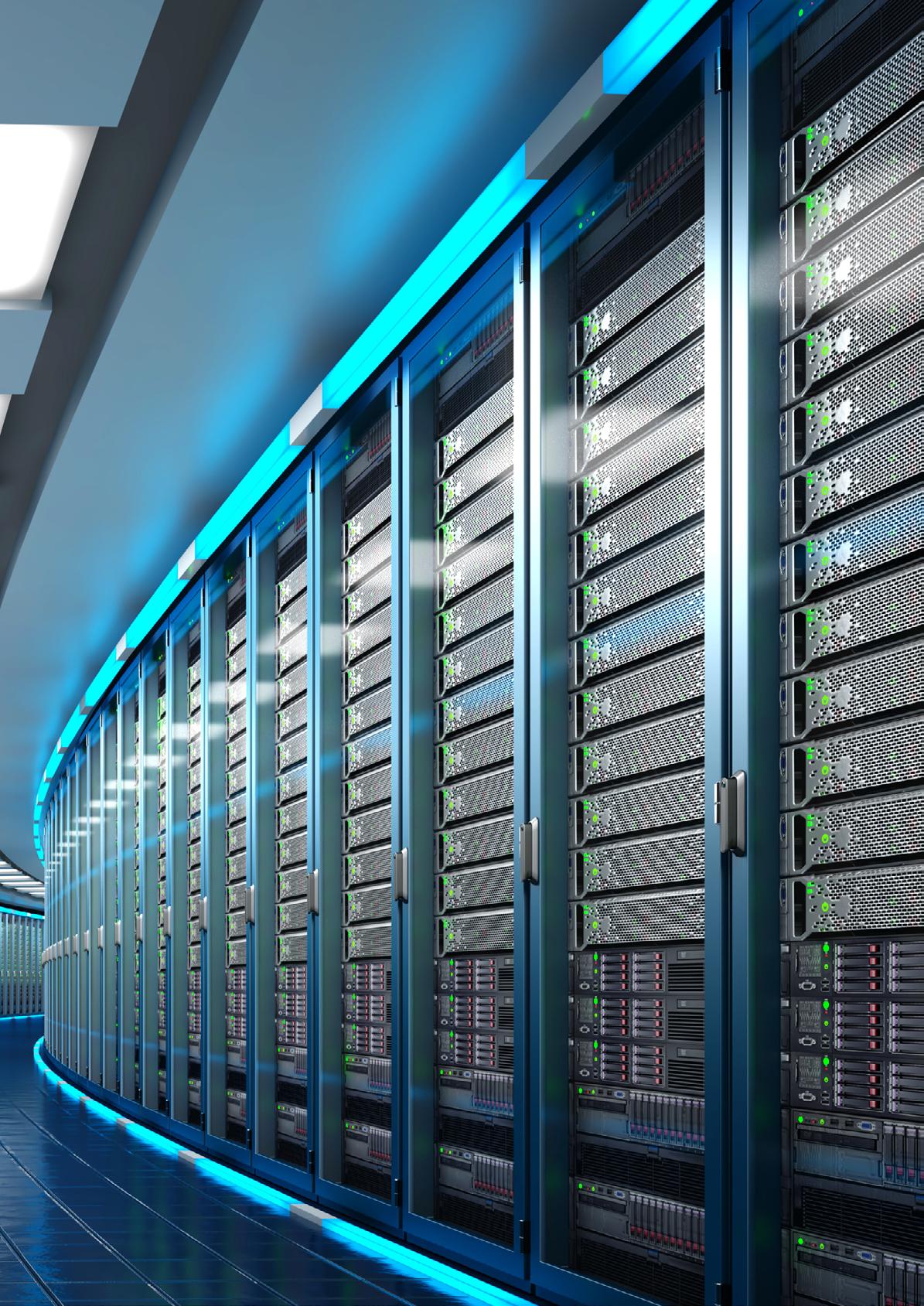
1 minute read
Strengthening the strategic promo tion of AI and ensuring a regulatory framework open to innovation
07
The EU has an industrial base which contributes significantly to the economic success of the Community. The areas of mechanical engineering, the electrical industry, aviation or the chemical industry, are examples of numerous other sectors in which European com panies are among the world market and technology leaders. European companies possess a particularly strong position in the business-to-business (B2B) sector, where the interfaces to the customer are often not occupied by non-European players, but by European industrial companies.
The technological leadership of European industrial companies - particularly in the B2B sector - is the basis for making Europe the leading location for digital industrial value creation.
Numerous examples from Industry 4.0 illustrate the potential that European companies have in this area. Our access to industrial data, combined with our knowhow in areas such as automation technology or embedded systems, can ensure a leading position in the industrial sector in the future, too. In order to achieve this goal, a number of political decisions are required. This includes, on the one hand, the completion of the Digital Single Market, for example, by removing barriers that impede the cross-border data exchange (free flow of data). It is also essential to ensure a modern and innovation-friendly data policy that differentiates between the processing of personal and non-personal data and that is based on the principle of data sovereignty. In addition, Europe must strengthen the B2B sector when it comes to platform regulation. In this context, over-regulation must be avoided, particularly in the negotiations on a Digital Services Act and the associated revision of the e-Commerce Directive. Strengthening Europe as a research location is also of fundamental importance in order to secure Europe’s long-term innovative capacity. To this end digital key technologies need to be clearly anchored and promoted with an adequate budget in Horizon Europe’s programme Pillar II.
“The digital integration into value chains with state-ofthe-art IT technologies such as Cloud, Blockchain and AI offers great opportunities for the German industry, when combined with cyber and data security”.






